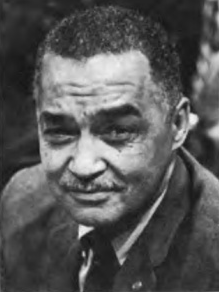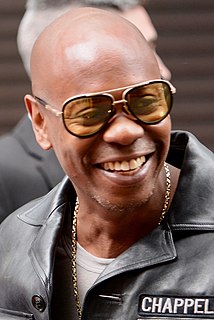A Quote by Jon Stewart
The overwhelming condemnation makes it clear we have made enormous progress in teaching everyone that racism is bad. Where we seem to have dropped the ball... is in teaching people what racism actually is ... which allows people to say incredibly racist things while insisting they would never.
Related Quotes
And what is the Republican solution to these outrageous [racial] inequalities? There isn't one. And that's the point. Denying racism is the new racism. To not acknowledge those statistics, to think of that as a 'black problem' and not an American problem. To believe, as a majority of FOX viewers do, that reverse-racism is a bigger problem than racism, that's racist.
In America, racism exists but racists are all gone. Racists belong to the past. Racists are the thin-lipped mean white people in the movies about the civil rights era. Here's the thing: the manifestation of racism has changed but the language has not. So if you haven't lynched somebody then you can't be called a racist. If you're not a bloodsucking monster, then you can't be called a racist. Somebody has to be able to say that racists are not monsters.
Another response to racism has been the establishment of unlearning racism workshops, which are often led by white women. These workshops are important, yet they tend to focus primarily on cathartic individual psychological personal prejudice without stressing the need for corresponding change in political commitment and action. A woman who attends an unlearning racism workshop and learns to acknowledge that she is racist is no less a threat than one who does not. Acknowledgment of racism is significant when it leads to transformation.
In the U.S., while individual whites might be against racism, they still benefit from their group's control. Yes, an individual person of color can sit at the tables of power, but the overwhelming majority of decision-makers will be white. Yes, white people can have problems and face barriers, but systematic racism won't be one of them.
Things like racism are institutionalized. You might not know any bigots. You feel like "well I don't hate black people so I'm not a racist," but you benefit from racism. Just by the merit, the color of your skin. The opportunities that you have, you're privileged in ways that you might not even realize because you haven't been deprived of certain things. We need to talk about these things in order for them to change.



































